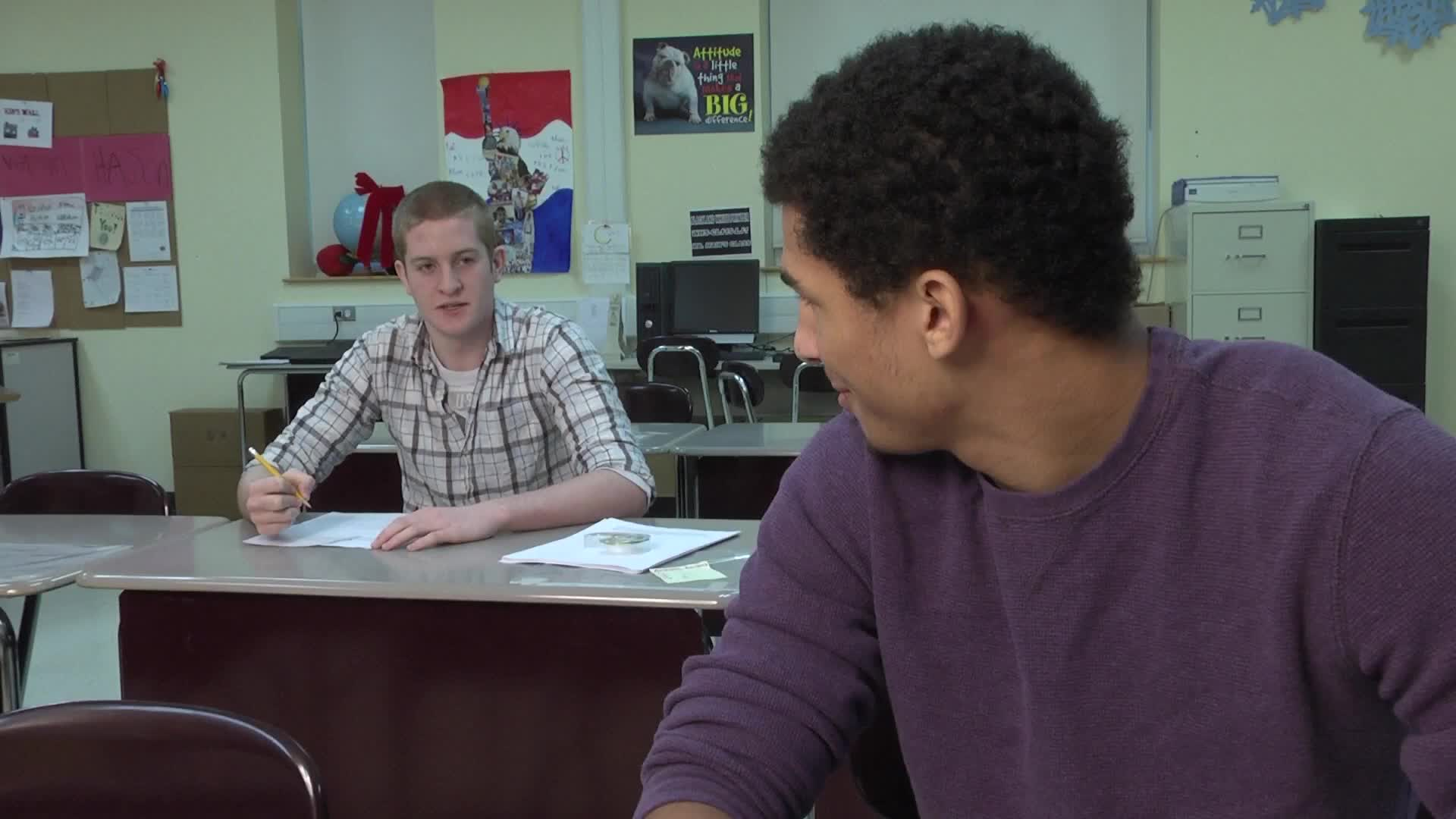
Introduction
For many students, especially those in Special Education, routine and structure are essential for feeling comfortable and secure in their learning environment. However, life is full of unexpected changes, and it is important for these students to develop the skills necessary to handle alterations in their schedules. In this blog post, we will explore an activity that can help students learn to adapt to schedule changes, discuss related questions, and provide additional resources for educators.
No-Prep Activity
The “Adapt and React” activity is a simple, no-prep exercise that helps students practice adapting to changes in their schedule. To begin, have the students sit in a circle. The educator will announce a typical daily schedule, including various activities such as math, reading, lunch, and recess. Then, the educator will introduce unexpected changes to the schedule, such as a surprise assembly or a field trip. The students’ task is to “adapt and react” by discussing how they would handle the change.
For example, the educator might say, “Today, instead of going to art class, we have a special assembly to attend.” The students would then take turns sharing their reactions and discussing strategies they could use to cope with the change, such as deep breathing, counting to ten, or speaking with a teacher. This activity not only helps students practice adapting to changes but also encourages them to share their feelings and learn from one another.
Discussion Questions
- How do you feel when there is an unexpected change in your schedule? What strategies can you use to cope with these feelings?
- Why is it important to be able to adapt to changes in our daily routines? How can being flexible help us in different situations?
- Can you think of a time when you had to adapt to a change in your schedule? How did you handle it, and what did you learn from the experience?
- How can we support our classmates when they are struggling with a change in their routine? What can we do to help them feel more comfortable?
- Why might some students have a harder time adapting to changes than others? How can we be understanding and empathetic towards their feelings?
Related Skills
In addition to adapting to schedule changes, there are several other related skills that can benefit students in Special Education. These include:
- Problem-solving: Learning to identify and address challenges, both big and small, is an essential skill for navigating life’s ups and downs.
- Communication: Being able to express thoughts and feelings clearly and effectively can help students better understand their emotions and advocate for their needs.
- Emotional regulation: Developing strategies for managing emotions, such as deep breathing or counting to ten, can help students stay calm and focused during unexpected situations.
- Resilience: Building resilience enables students to bounce back from setbacks and maintain a positive outlook, even when faced with challenges.
Next Steps
Teaching students in Special Education to adapt to schedule changes is an important aspect of their social-emotional learning journey. By incorporating activities like the “Adapt and React” exercise and engaging in thoughtful discussions, educators can help students develop the skills and strategies needed to handle unexpected changes with confidence and grace.
To access more resources and sample materials for teaching social-emotional learning skills, sign up for free samples at Everyday Speech.

